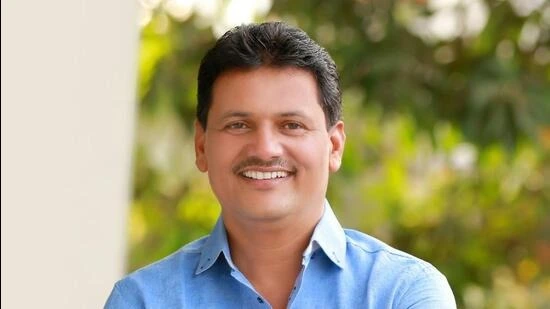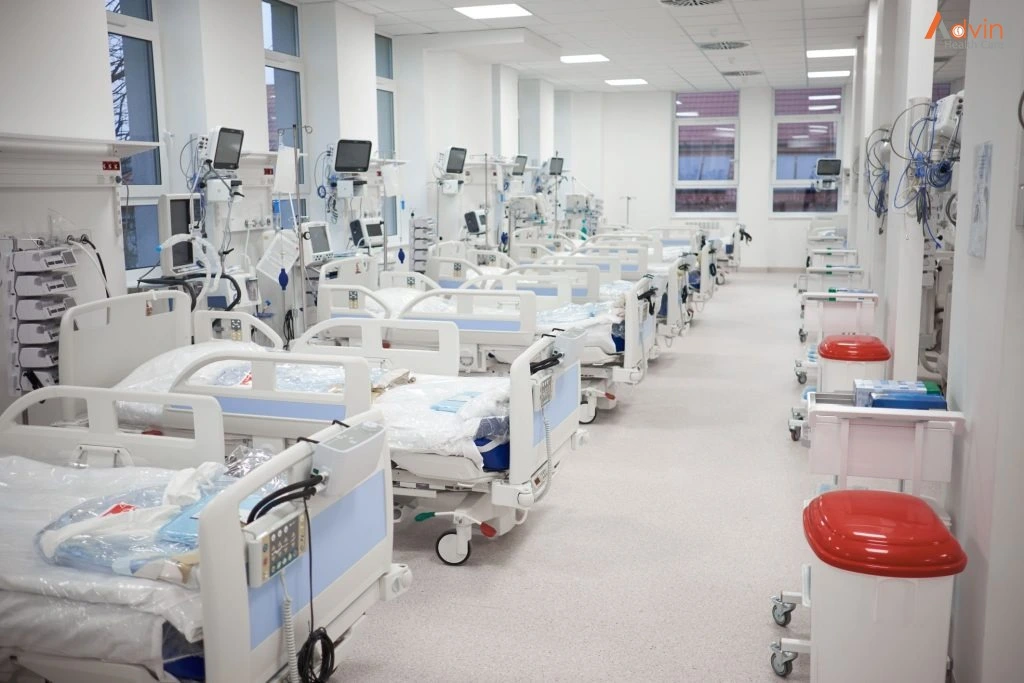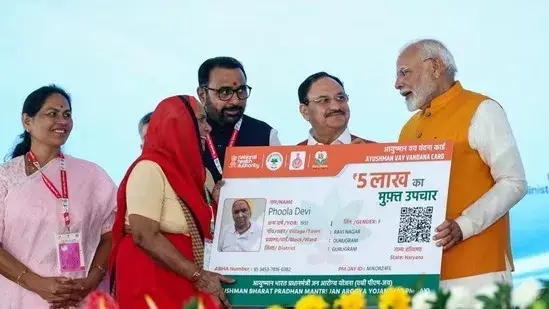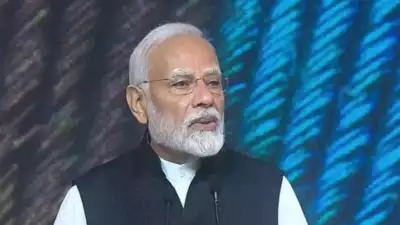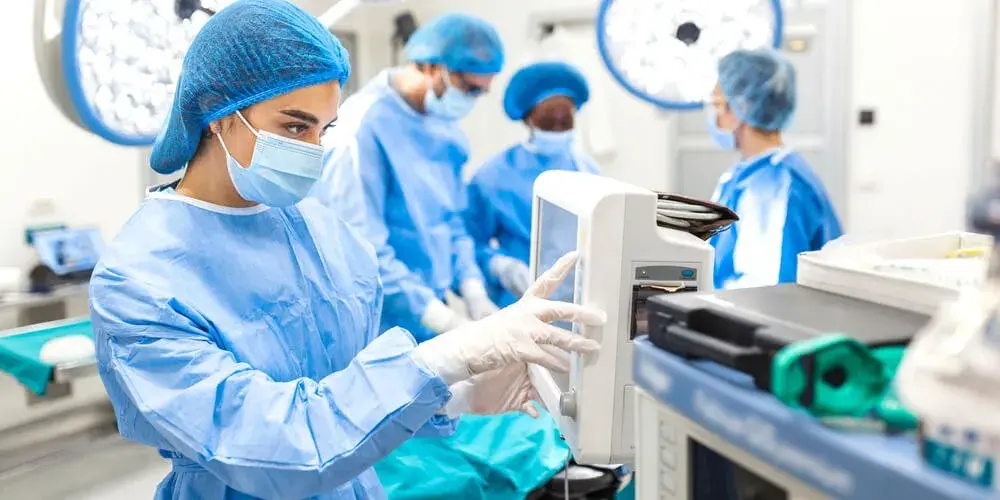Delhi Govt to Boost Healthcare with More Dialysis Machines, Imaging Services via PPP Model
The Delhi government is set to enhance its public healthcare system by adding over 30 new dialysis machines, expanding access to diagnostic services like MRI, CT scans, and ultrasounds through the Public-Private Partnership (PPP) model, and constructing rest houses (VishramGrih) for patients and their caregivers, according to senior officials. These initiatives were reviewed during a key meeting of the Health Department held on June 18, chaired by Delhi Health Minister Pankaj Kumar Singh. The meeting focused on strengthening medical infrastructure and service delivery in the national capital. As part of its ongoing efforts under the Pradhan Mantri National Dialysis Programme (PMNDP) operating via the PPP model, the government has already deployed 150 dialysis machines across 16 public hospitals. Singh confirmed that an additional 32 to 40 machines will soon be installed to meet growing demand. Officials also assessed progress on various health schemes and facilities, including the operationalisation of Ayushman Arogya Mandirs, the development of critical care units under the PM-Ayushman Bharat Health Infrastructure Mission (PM-ABHIM), and the rollout of Jan Aushadhi Kendras to ensure affordable medicine availability. Other key issues on the agenda included the outsourcing of registration services in outpatient (OPD) and inpatient (IPD) departments, addressing manpower shortages in hospitals and Mohalla Clinics, implementing the Hospital Information Management System (HIMS), and ensuring smooth procurement of essential medical supplies. In addition, the Health Minister directed the formation of new health councils and committees, and stressed the identification of sensitive roles within the health department to improve transparency and governance. A senior official noted that the minister has issued strict deadlines, with most initiatives expected to be completed within the next three to four weeks or by the following month. These efforts reflect the Delhi government’s renewed push to modernize its healthcare delivery system and improve patient experience across the city. Source: PTI




